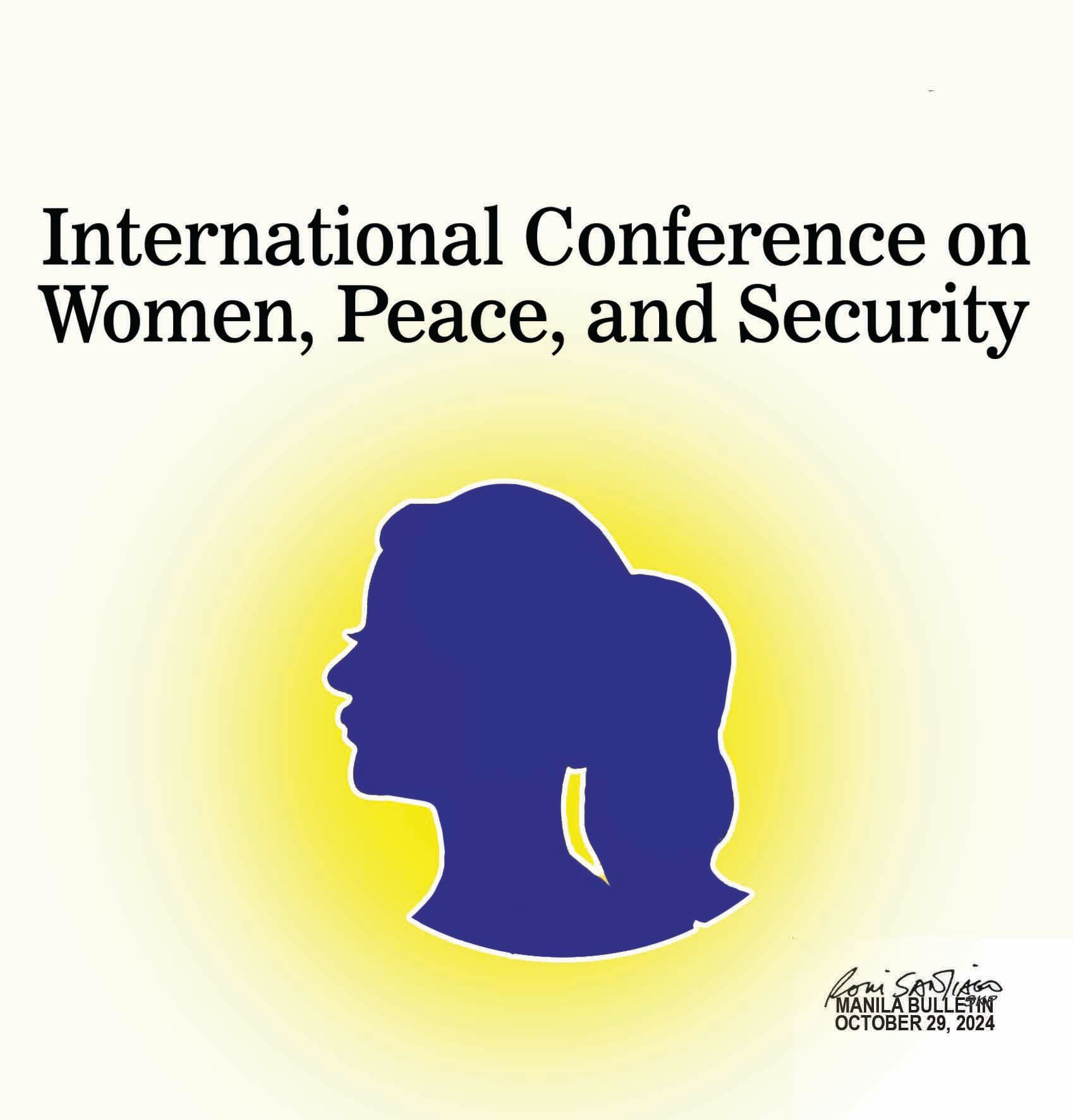
As the Philippines hosts the International Conference on Women, Peace, and Security, which concludes tomorrow, it is essential to reflect on the significant strides made by Filipino women in leadership roles alongside the persistent challenges they face. The election of two women as Presidents, coupled with an increasing number of female leaders in various sectors—governors, mayors, congresswomen, judges, and corporate CEOs—illustrates a powerful shift toward inclusivity and representation. Yet, this progress stands in stark contrast to the high levels of violence against women that persist in our society.
This paradox highlights a critical issue. While women are gaining positions of authority and influence, the societal structures that perpetuate gender-based violence remain entrenched. Filipino culture has long revered women as central figures in families and communities, yet this respect does not always translate into safety and equity in public and private spheres. The statistics on violence against women, including domestic abuse and harassment, are concerning and reveal a dissonance between recognition and protection.
To address this disparity, we must focus on enhancing the capacity and capability of Filipino women to contribute meaningfully to peace and prosperity. This requires a multifaceted approach.
First and foremost, education is a powerful tool for empowerment. Programs that promote gender sensitivity and awareness about women’s rights should be integrated into educational curricula from an early age. This will foster a culture of respect and equality, equipping both men and women with the knowledge to challenge harmful stereotypes and behaviors.
Second, we must strengthen the legal frameworks that protect women from violence and discrimination. While existing laws such as the Anti-Violence Against Women and Their Children Act are steps in the right direction, enforcement remains weak in many areas. Increased funding for law enforcement training and community outreach can ensure that women feel safe reporting abuses and that their cases are taken seriously.
Third, we must establish robust support systems for women facing violence. Shelters, counseling services, and legal aid must be made accessible to empower women to seek help and rebuild their lives. Furthermore, community programs that support survivors of violence can play a significant role in healing and reintegration.
Fourth, economic independence is vital for women’s empowerment. Initiatives that provide women with access to entrepreneurship training, funding, and mentorship can help them gain financial stability. When women are economically empowered, they are more likely to participate in decision-making processes and contribute to their communities’ development.
Finally, encouraging more women to take on leadership roles and fostering policies that prioritize gender equality can create a more inclusive political landscape. Women’s voices must be amplified in discussions about peace and security, ensuring that their perspectives shape the policies that affect their lives and communities.
As we host this important international conference, let us not only celebrate the achievements of Filipino women but also acknowledge the work that remains. By investing in education, legal protection, support systems, economic empowerment, and representation, we can create an environment where women not only thrive but also lead in the pursuit of peace and prosperity.
In doing so, we honor the legacy of the women who have fought for our rights and pave the way for future generations. The path to a safer, more equitable society is not just a women’s issue; it is a societal imperative that benefits us all.